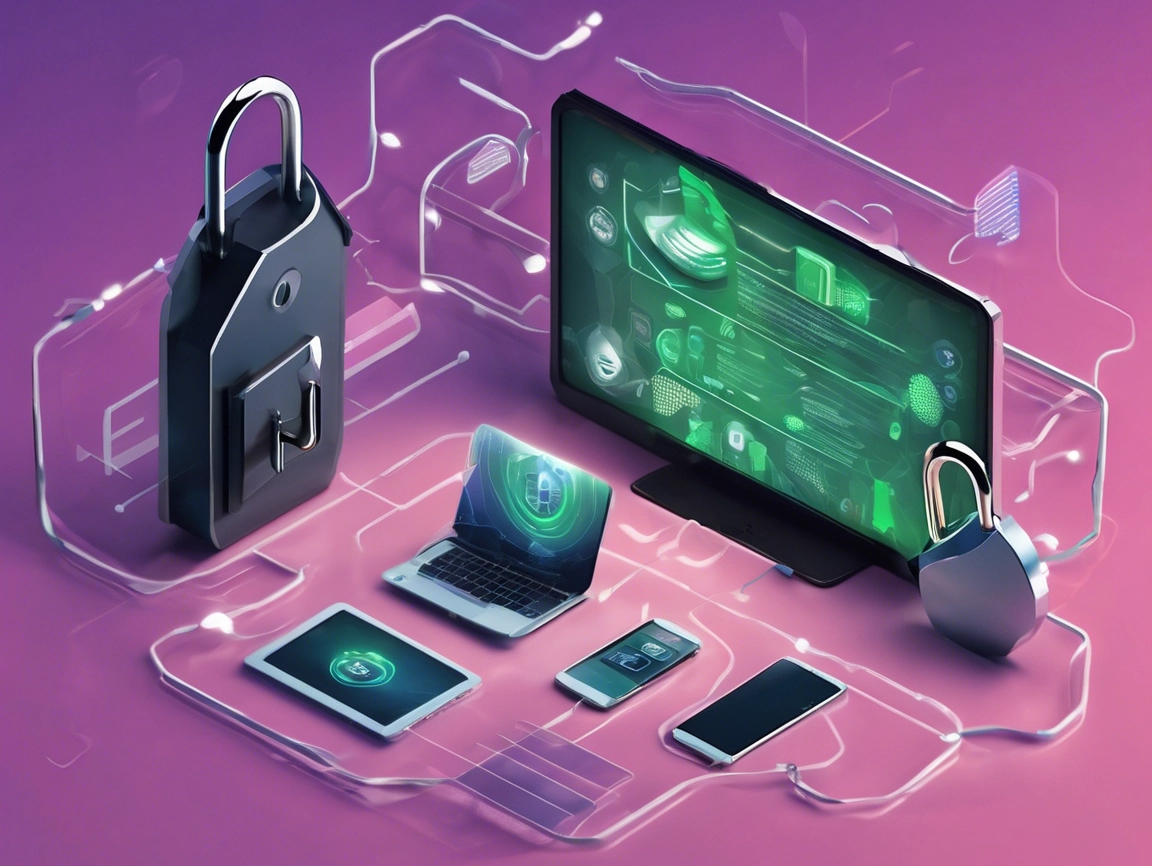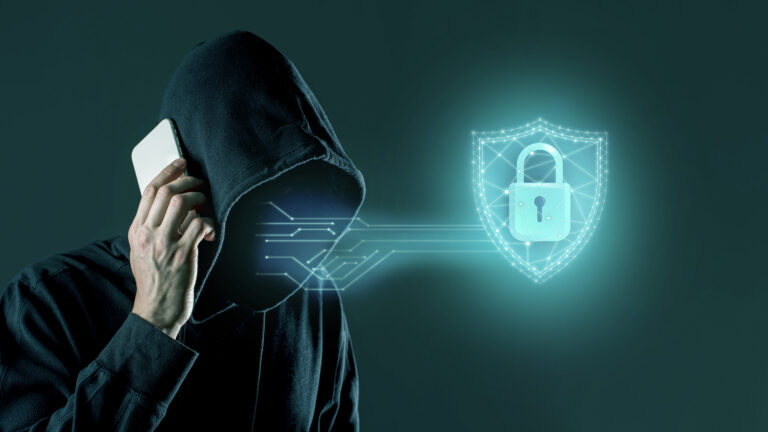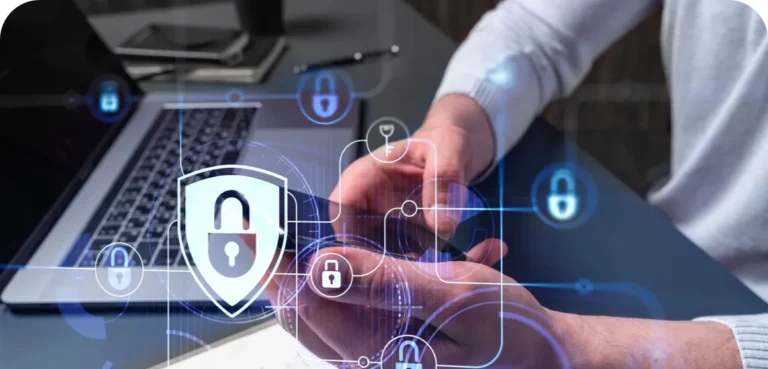How can I protect my devices and money in the digital world?
In today’s world, cybersecurity is a crucial issue. The reality is clear: if your devices aren’t protected, your money isn’t either. That’s why, in this article, we’re going to share five simple and practical tips to protect your devices and, ultimately, your financial peace of mind.
1. Use strong and unique passwords
The first step to protecting your accounts is choosing good passwords. Forget about obvious strings like “12345” or personal information like your ID, address, or car license plate.
The key is to use strong, unique passwords for each account.
Does remembering them all seem like a hassle? Don’t worry, there are password managers that can help. These tools not only generate secure passwords, but also store and monitor them to protect them for you.
2. Update your devices and apps
Are you one of those who puts off updates? Don’t do it anymore! Every time you ignore an update, you’re leaving a door open for cybercriminals to exploit. Updates are designed to not only offer new features but also fix vulnerabilities that arise over time. So, although it may seem tedious, keeping everything up to date is key to your security.
3. Activate two-factor authentication (2FA)
Even the most secure passwords can be compromised. That’s why two-factor authentication (2FA) is an essential reinforcement. This system adds a second layer of security, verifying that the person trying to access your accounts is really you. It’s as if, in addition to your house key, you needed a fingerprint, a text message, an email, or other methods to get in. Enable it on all your accounts that allow it!
4. Use your biometrics: face or fingerprint
Your face and fingerprints are unique. This is an advantage that security systems are increasingly taking advantage of. Enabling biometric authentication on your devices and apps is not only practical, but also adds an extra layer of protection that’s difficult to crack. If you haven’t done so yet, it’s time to do so!
5. Be careful with public Wi-Fi
Public networks can be convenient, but they also pose a risk. When connected to one, avoid entering usernames, passwords, or uploading sensitive information like credit card details. If you have no other option, use a virtual private network (VPN) to keep your connection secure.
Taking care of your devices is much more than protecting your photos or apps: it’s protecting your money and your peace of mind. These tips are simple to implement and can make a difference in your digital security. Put them into practice and sleep better knowing your devices are protected!




